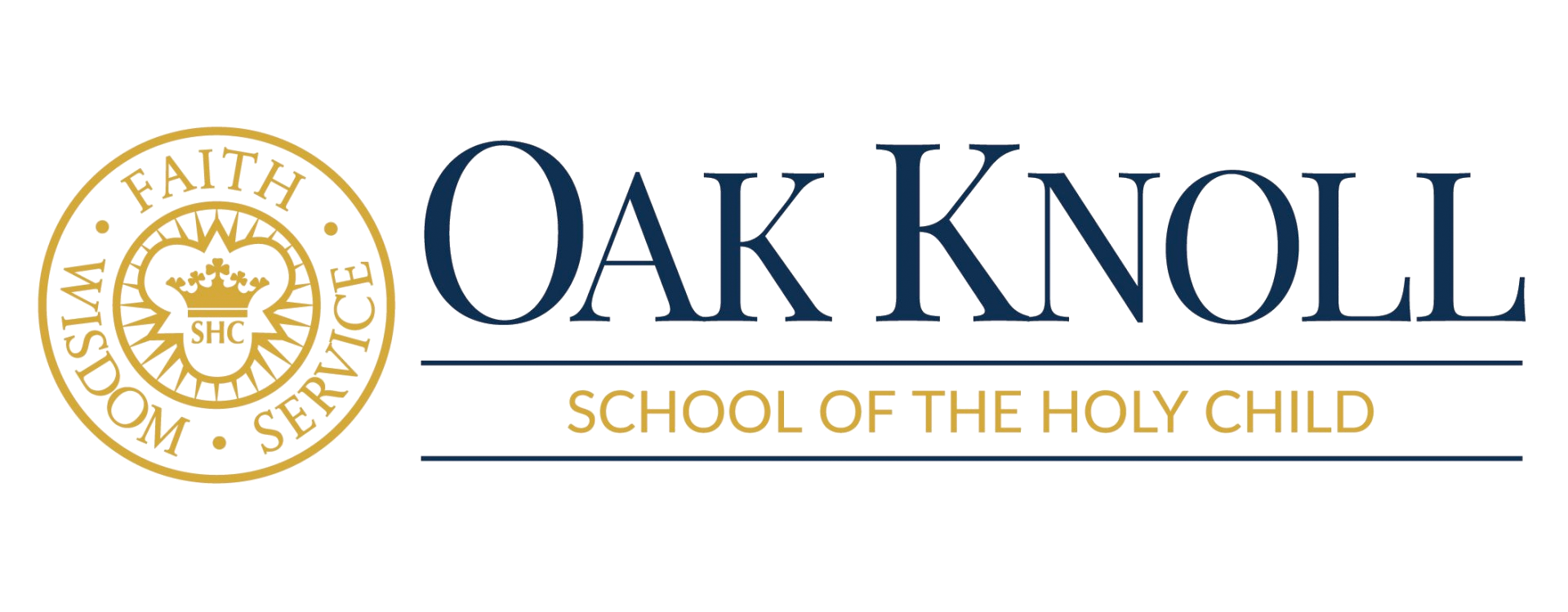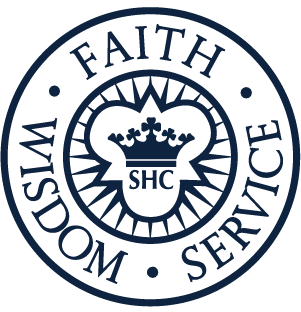The middle and high school years can be challenging for teenagers and these past 24 pandemic-filled months have compounded regular school stresses now more than ever. It can be easy for students to get lost in the shuffle from class to class while, at the same time, trying to keep up with their homework, their grades, and extra-curricular activities.
Enter the Advisory period – or a block of time built into the regular school day ranging anywhere from every day to a few times a week – where students take the time to build relationships with their teachers, learn healthy character traits, work toward finding passions and learn how to take effective steps to becoming a contributing member of society.

There are several benefits to middle and high school advisory classes:
Build Strong Relationships
Research proves that students are more likely to thrive when they have stronger relationships – especially with at least one adult in their school building. Advisory or social-emotional learning periods are usually structured so that students interact in smaller groups with one teacher. Also, positive teacher-student relationships during a smaller advisory group “draws students into the process of learning and promotes their desire to learn.” Chris Lehmann, Science Leadership Academy (SLA) said, “Think of advisory as the soul of your school. And in everything you do, remember that you teach students before you teach subjects. Advisory is the place in the schedule where that idea has its core and then it spreads into everything else, we do.”
Allows Flexibility to Daily Curriculum
Middle and high schoolers can be subject to rigid curricula and it’s easy for them to feel burnt out quickly. Although there are soft agendas sometimes to advisory class, some of them can provide students with an organized break from their day-to-day work while providing them a safe space to be emotionally available for students – like a loss of a loved one, a current news issue or even about an issue with a fellow student.
Promotes Peer-Student Interaction
Advisory groups allow students opportunities to get to know other people who may not be in their immediate friend group. Regular meetings with the same advisory class promote student interaction, including working together in small groups towards a collective greater good. At the heart of advisory group is not only building a relationship with the teacher, but also among different class peer groups. Relationships that allow for open communication between students and teachers ultimately support academic success and excellence.
Supports Decision-Making and Career Awareness
Although many advisory groups begin in middle-school they begin to introduce students to good decision making while, at the same time, expand their career awareness horizon. Many advisory teachers use these classes as opportunities to begin to engage student discussion - and ultimately motive students – about finding something they are interested in pursuing in college and beyond.
Schools that establish an advisory class or social-emotional classes within their weekly curriculum often find that their students are happier and more engaged during their school days and during their teenage years. This is so important, as we all continue to feel the COVID fall out, especially teenagers who are so easily distracted by activities that are void of interaction such as video games and cell phones.
Middle and high schools can play a vital role in the development of the whole child through a strong and robust advisory group and at the same time – assist parents in the healthy development of their middle and high school child.
Oak Knoll School’s Advisory Program in the Upper School (grades 7-12) meets for 30 minutes two times within an 8-day class cycle. Advisors also meet with their advisees one-on-one for 10 minutes at least one time per month. This year, the main themes of Oak Knoll’s Upper School Advisory revised program include relationship building, wellness/personal growth, and cultivating a faith-filled response to the world. An Advisory program is also underway at Oak Knoll’s Lower School in the intermediate grades. Read more about Oak Knoll's Advisory program in our latest edition of Review magazine!




